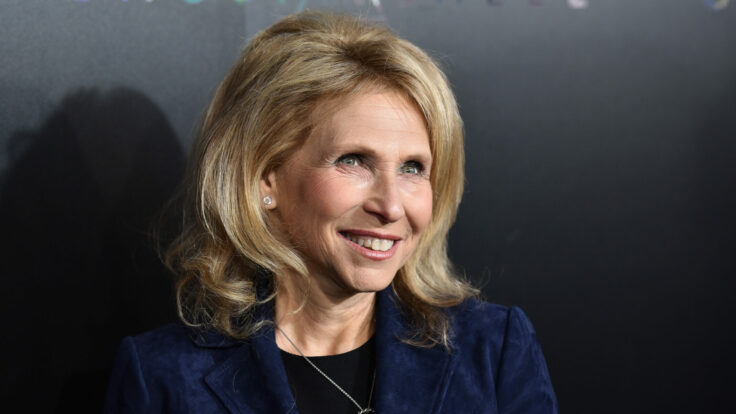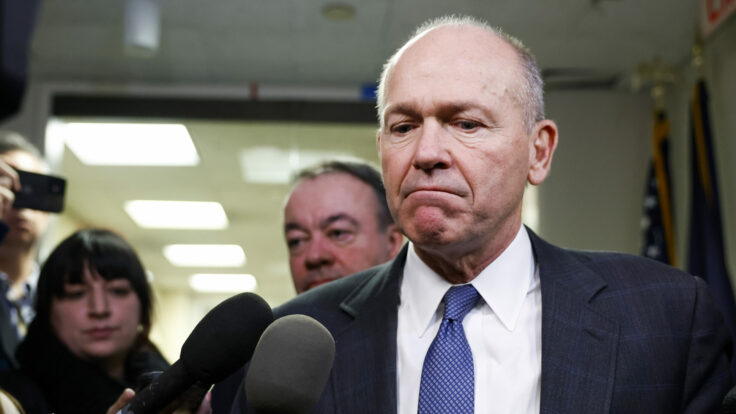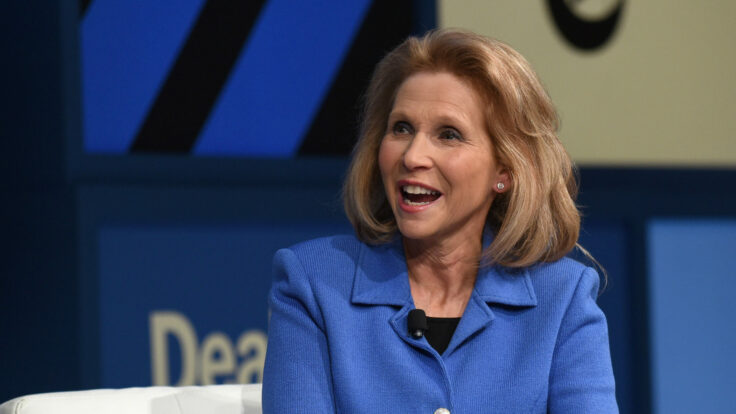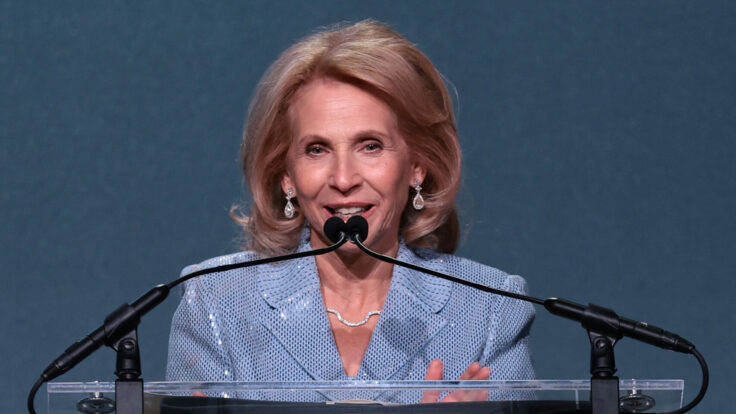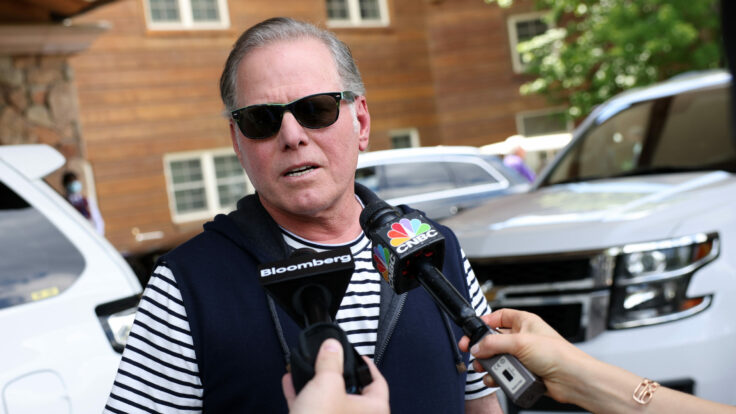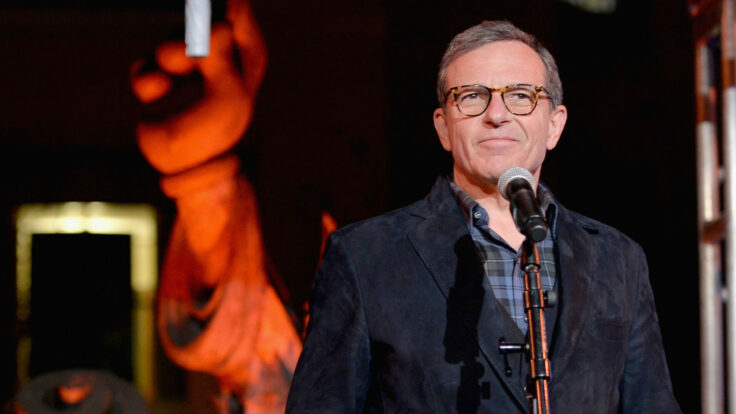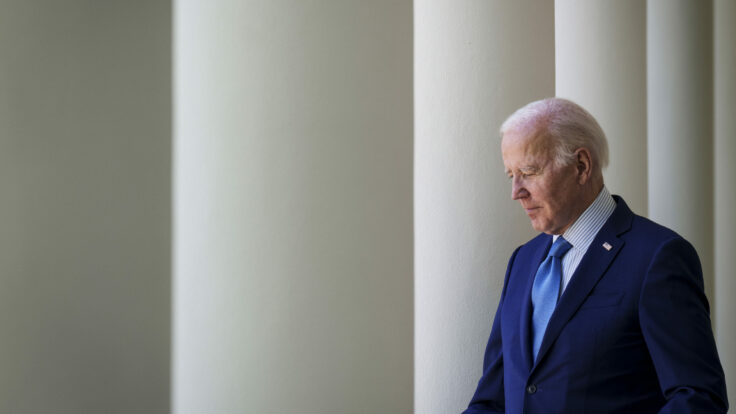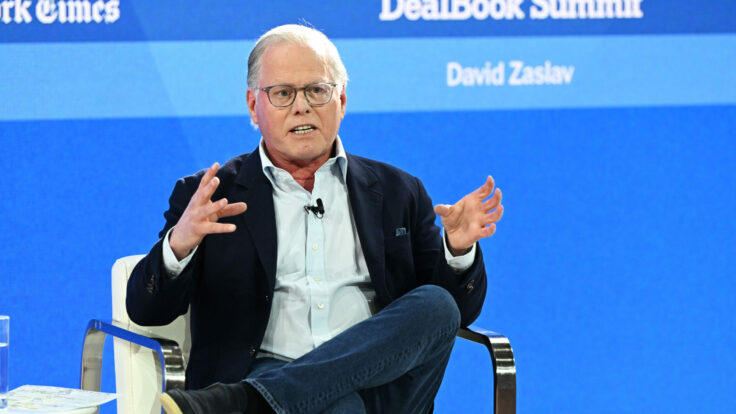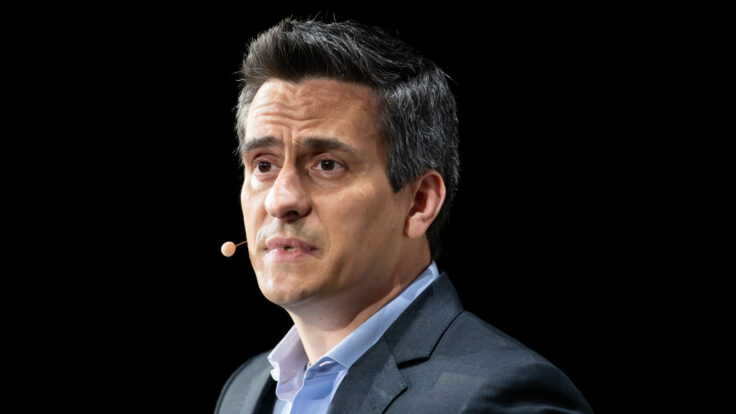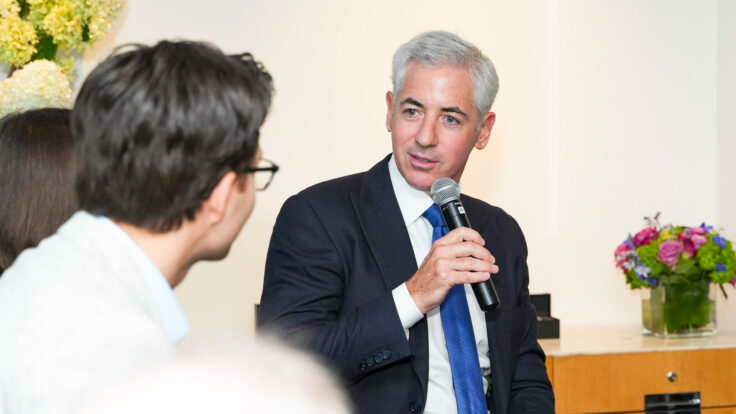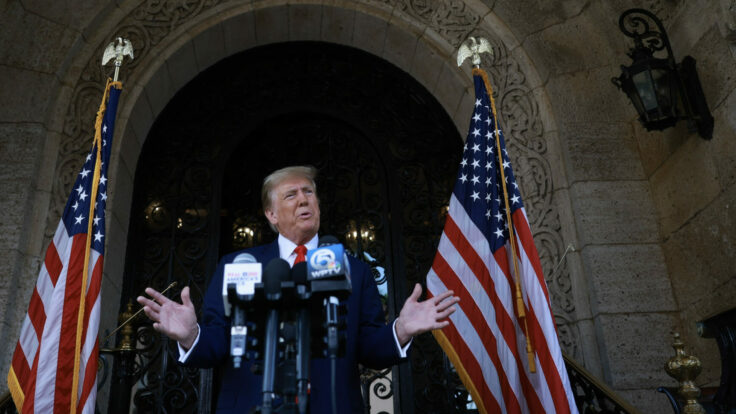Shortly after ProPublica published its groundbreaking examination of the tax records of the 25 wealthiest Americans, a very senior Wall Street banker friend of mine spoke with two of his billionaire clients to gauge their response to the disclosures. The ProPublica report was damning, if entirely unsurprising to those schooled in the arcana of tax avoidance. On Wall Street, eyes rolled at the nonprofit’s definition of a “true tax rate,” calculated by dividing taxes paid by a net worth comprised largely of paper gains. The article underscored the notion that the top one-tenth of the richest one percent don’t pay very much federal tax.
My friend was curious about whether either of these two people, with net worths firmly in the 10-figure range, worried that they might be the next targets of some disgruntled IRS worker or sophisticated computer hackers. (ProPublica, which claims not to know who provided the confidential data, says it has obtained the tax returns for “thousands” of the nation’s richest people.) “Neither was concerned,” he deadpanned to me.




